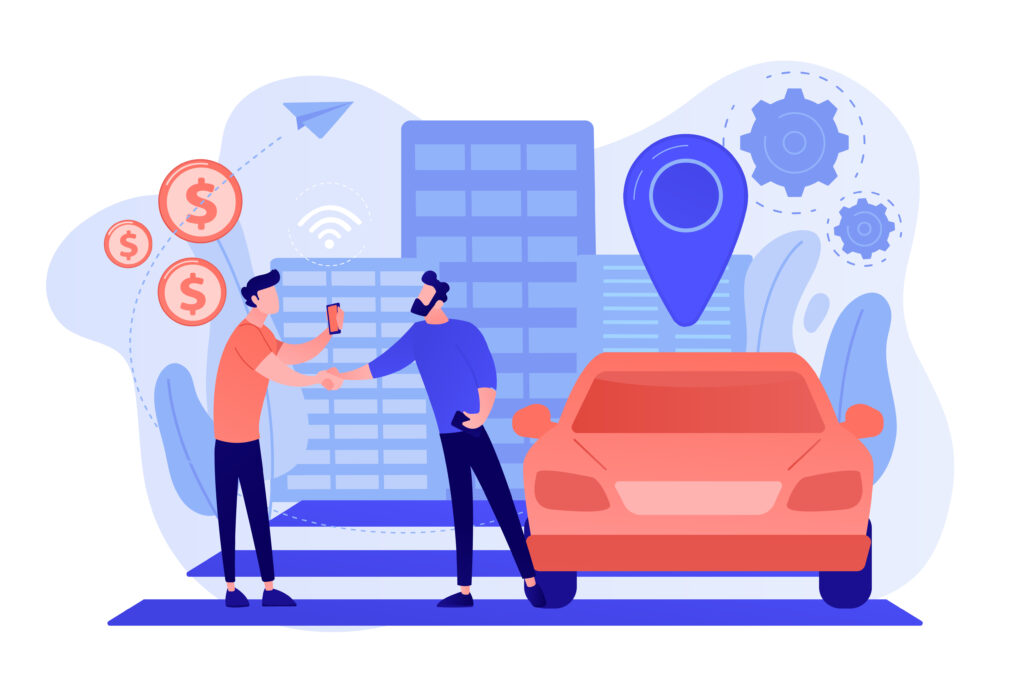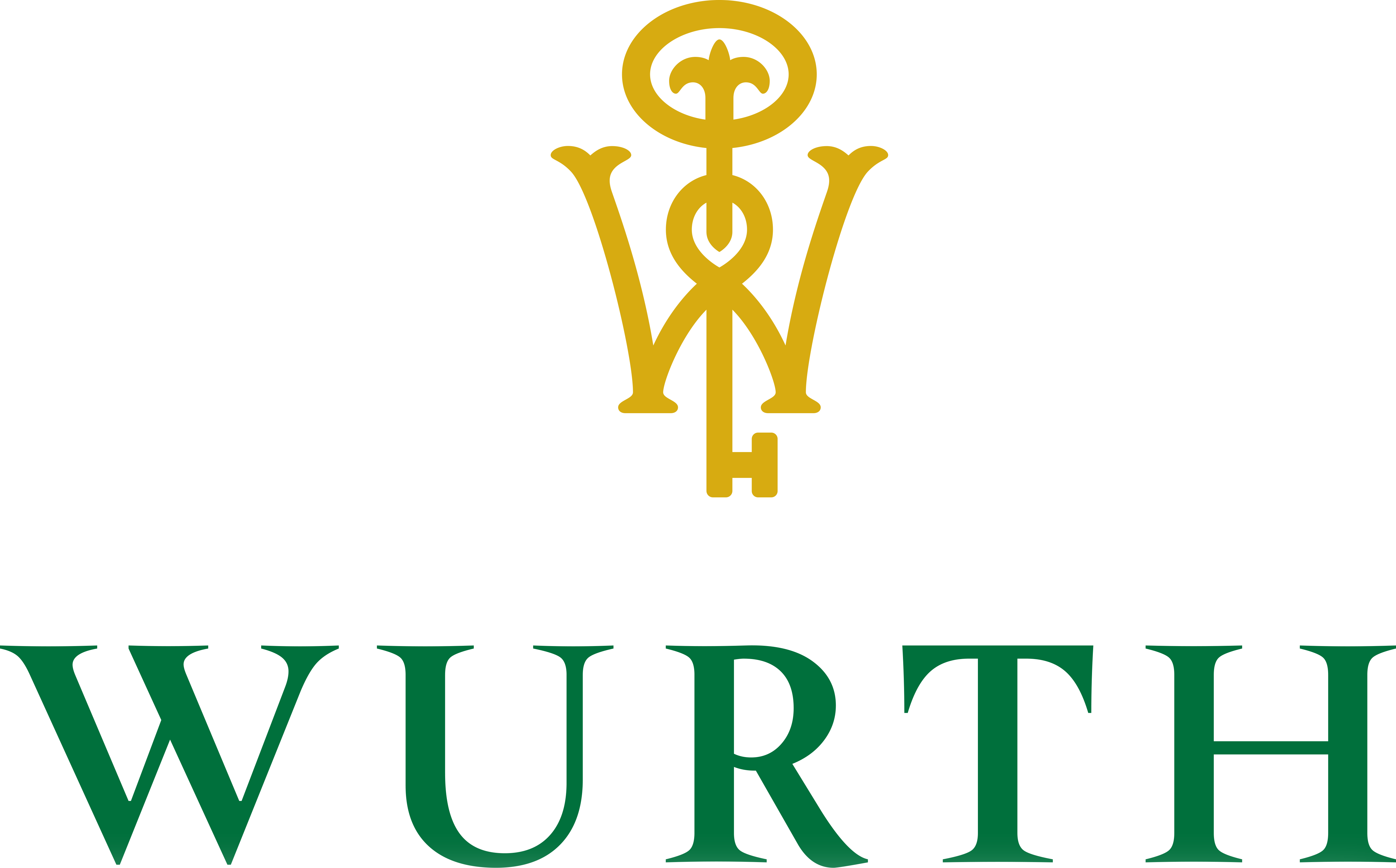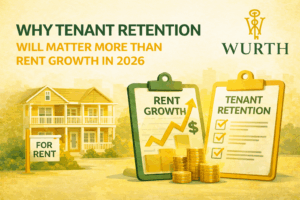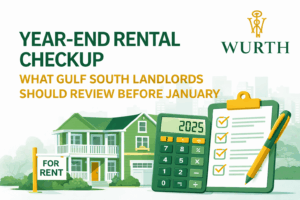
The rental landscape across the Gulf South is undergoing a significant transformation as digital leasing technologies revolutionize how property managers and tenants interact. From Louisiana to Florida, traditional paper-based leasing processes are giving way to streamlined digital solutions that offer convenience, efficiency, and enhanced security. This shift is reshaping expectations for both property managers and renters throughout the region.
The Digital Leasing Revolution
The Gulf South region, encompassing states like Louisiana, Mississippi, Alabama, and Florida, has seen a remarkable adoption of digital leasing technologies in recent years. This technological evolution has been accelerated by the COVID-19 pandemic, which necessitated contactless solutions for property transactions. Property management companies across the region are increasingly implementing digital platforms that allow for virtual property tours, online applications, electronic signatures, and digital payment systems.
Digital leasing refers to the use of technology to facilitate and manage the entire rental process electronically. This includes everything from property marketing and tenant screening to lease signing and rent collection. The core components typically include:
- Virtual property tours and 3D walkthroughs
- Online rental applications and tenant screening
- Electronic signature capabilities for lease documents
- Digital payment processing for rent and deposits
- Maintenance request portals
- Secure document storage and sharing
These technological solutions are transforming the rental experience, making it more accessible, efficient, and user-friendly for all parties involved.
Technologies Facilitating the Digital Leasing Revolution
Several innovative technologies are at the forefront of the digital leasing revolution. Electronic signature technology has become a cornerstone of digital leasing. Platforms like DocuSign, Adobe Sign, and HelloSign allow renters to review and sign lease agreements from anywhere, eliminating the need for in-person meetings. These platforms comply with the Electronic Signatures in Global and National Commerce (ESIGN) Act and provide legally binding signatures that are recognized throughout the Gulf South states.
Additionally, the adoption of virtual tour technology has surged across the rental market. 3D imaging tools and virtual reality applications allow potential tenants to explore properties remotely, saving time and expanding their search radius. This technology has proven particularly valuable in markets like New Orleans and Tampa, where renters often relocate from other regions.
An important trend right now that also influences the rental market is AI. Artificial intelligence is revolutionizing the tenant screening process. Property managers are utilizing AI-powered tools to verify applicant information, check credit histories, and assess rental risk more efficiently.
Benefits for Gulf South Renters
Perhaps the most significant benefit for renters throughout the Gulf South region is convenience. You can now search for properties, schedule viewings, submit applications, and sign leases without leaving your home. This is particularly valuable in sprawling Gulf South metropolitan areas like Houston, where traditional property hunting could involve hours of driving between locations.
Digital leasing also dramatically reduces processing times. What once took days or weeks can now be completed in hours. Applications are processed more quickly, and lease agreements can be signed immediately upon approval. This efficiency is especially beneficial in competitive rental markets like Miami and Atlanta, where desirable properties are leased rapidly.
Another benefit is that digital platforms provide greater transparency throughout the leasing process. You can track your application status in real-time, review lease terms thoroughly before signing, and maintain digital records of all transactions. This transparency helps build trust between renters and property managers.
Finally, the ability to complete the entire leasing process remotely has become increasingly important. Digital leasing eliminates the need for face-to-face interactions, increasing convenience and accommodating busy schedules.
Challenges and Considerations
Even though there are incredible advantages to the digitalization of the renting process, there are some risks and challenges associated with this digital revolution as well. The first one concerns being able to access this technology. Availability of these digital tools remains uneven across the Gulf South. Rural areas in states like Mississippi and Louisiana may have limited internet connectivity, and some potential renters may lack the devices or digital literacy needed to navigate online leasing platforms. Property managers must ensure alternative options remain available for these individuals.
Additionally, as leasing processes move online, data security becomes increasingly important. Renters should be vigilant about the security measures employed by property management companies and understand how their personal information is being protected. Look for platforms that use encryption and comply with data protection regulations.
While electronic signatures are legally recognized throughout the United States, specific regulations regarding digital leasing can vary across Gulf South states. Florida, for instance, has different requirements for security deposit handling than Louisiana. Both renters and property managers must ensure compliance with local laws when utilizing digital leasing platforms.
How to Navigate Digital Leasing as a Gulf South Renter
If you’re a renter in the Gulf South looking to take advantage of digital leasing technologies, consider the following important tips. First, security. Before providing personal information or making payments through a digital platform, verify its legitimacy. Research the property management company, check reviews, and ensure the platform uses secure payment processing. Be wary of listings that seem too good to be true or request unusual payment methods.
Familiarize yourself with digital leasing regulations in your state. Understand your rights regarding electronic signatures, security deposits, and personal data protection. Resources like state consumer protection websites can provide valuable information about local requirements.
Keep records of all the details of the deal. One advantage of digital leasing is the ability to maintain comprehensive records. Save copies of all electronic communications, signed documents, and payment confirmations. These records can be invaluable if disputes arise during your tenancy.
Make sure to not rely exclusively on technology. On one hand, hard copies are useful in case of issues with the cloud or digital storage. Similarly, while virtual tours offer convenience, they shouldn’t completely replace physical property inspections when possible. If you’re able to visit a property in person before signing a lease, do so. This allows you to verify that the digital representation matches reality and check for issues that might not be apparent in virtual tours.
Conclusion
Digital leasing is fundamentally changing how rental agreements are executed across the country and the Gulf South. From the initial property search to lease renewal, technology is streamlining processes and enhancing experiences for both renters and property managers. While challenges remain, particularly regarding security, the benefits of digital leasing are driving widespread adoption throughout the region.
As a renter in the Gulf South, embracing these technological advancements can save you time, reduce stress, and provide greater flexibility in your housing search. The future of leasing is digital, and those who adapt to these changes will enjoy a more efficient and satisfying rental experience.






